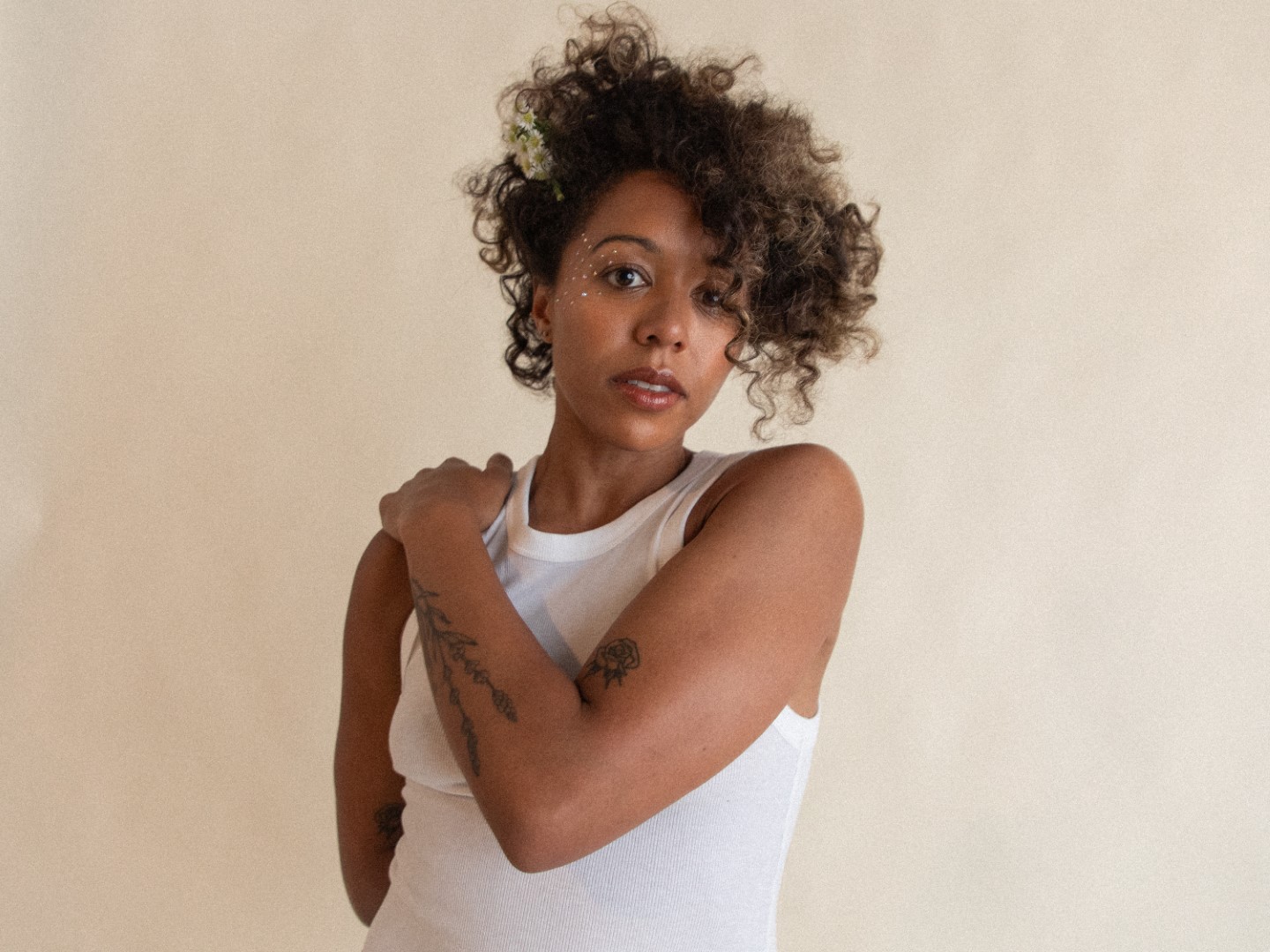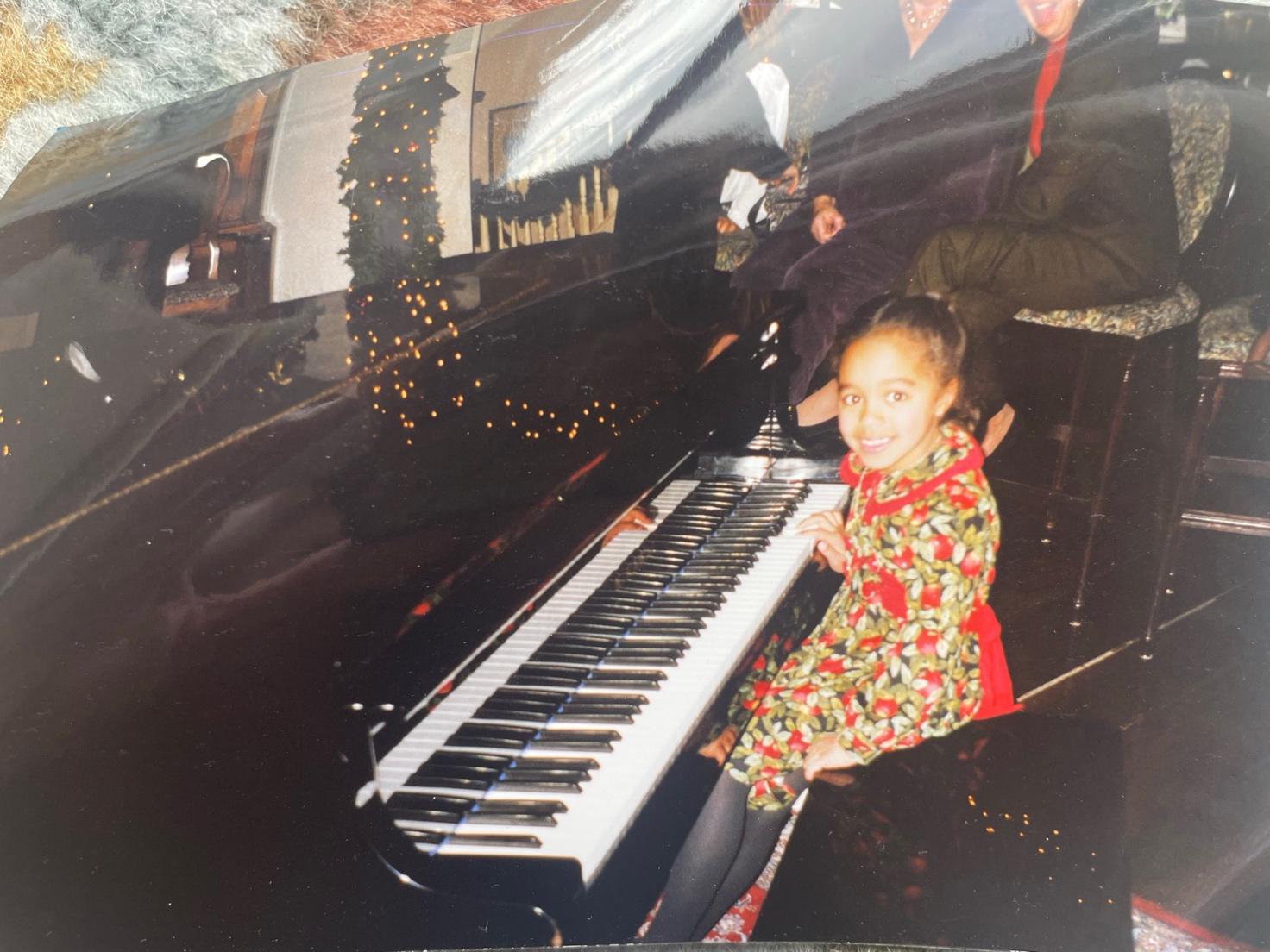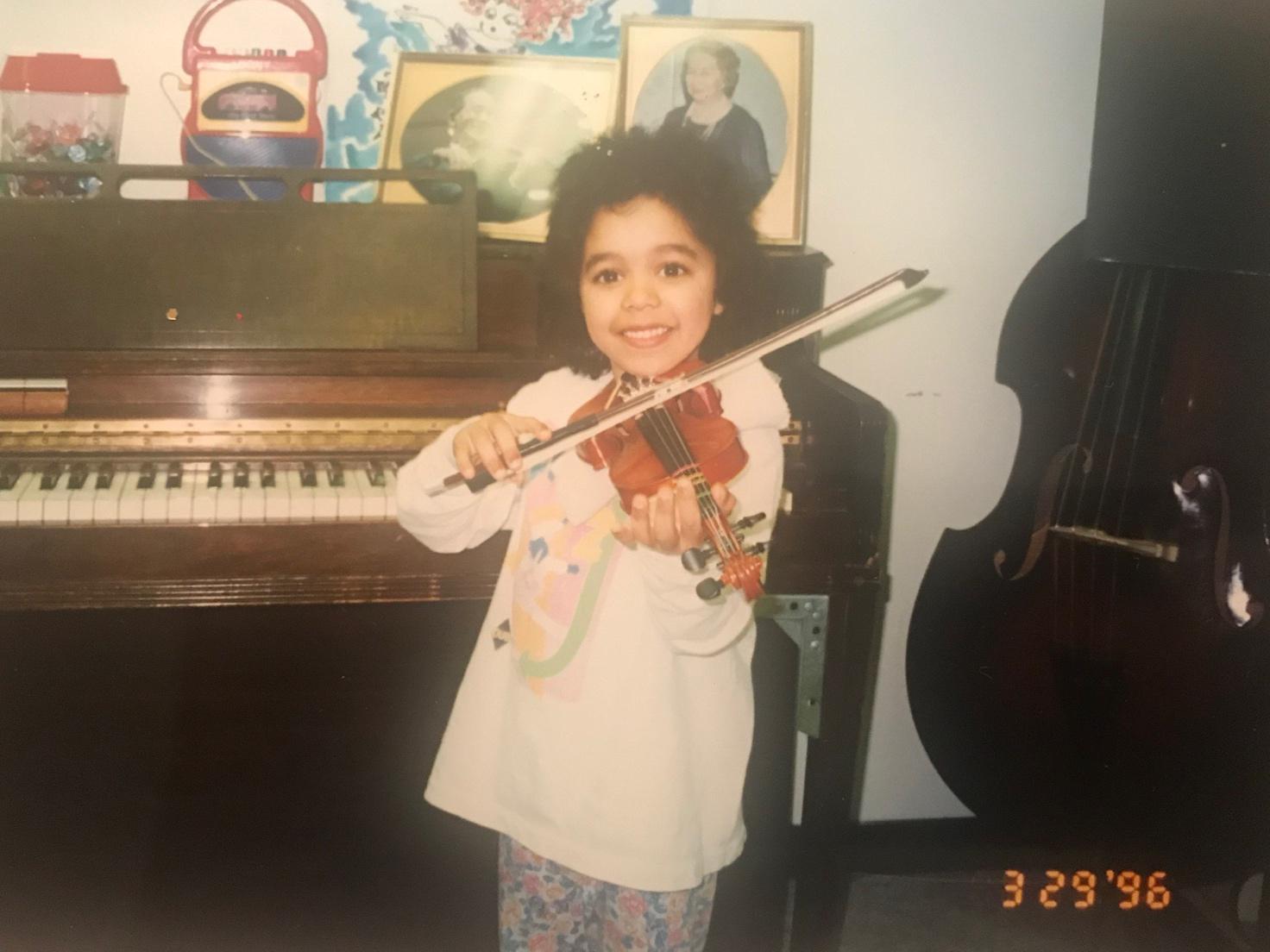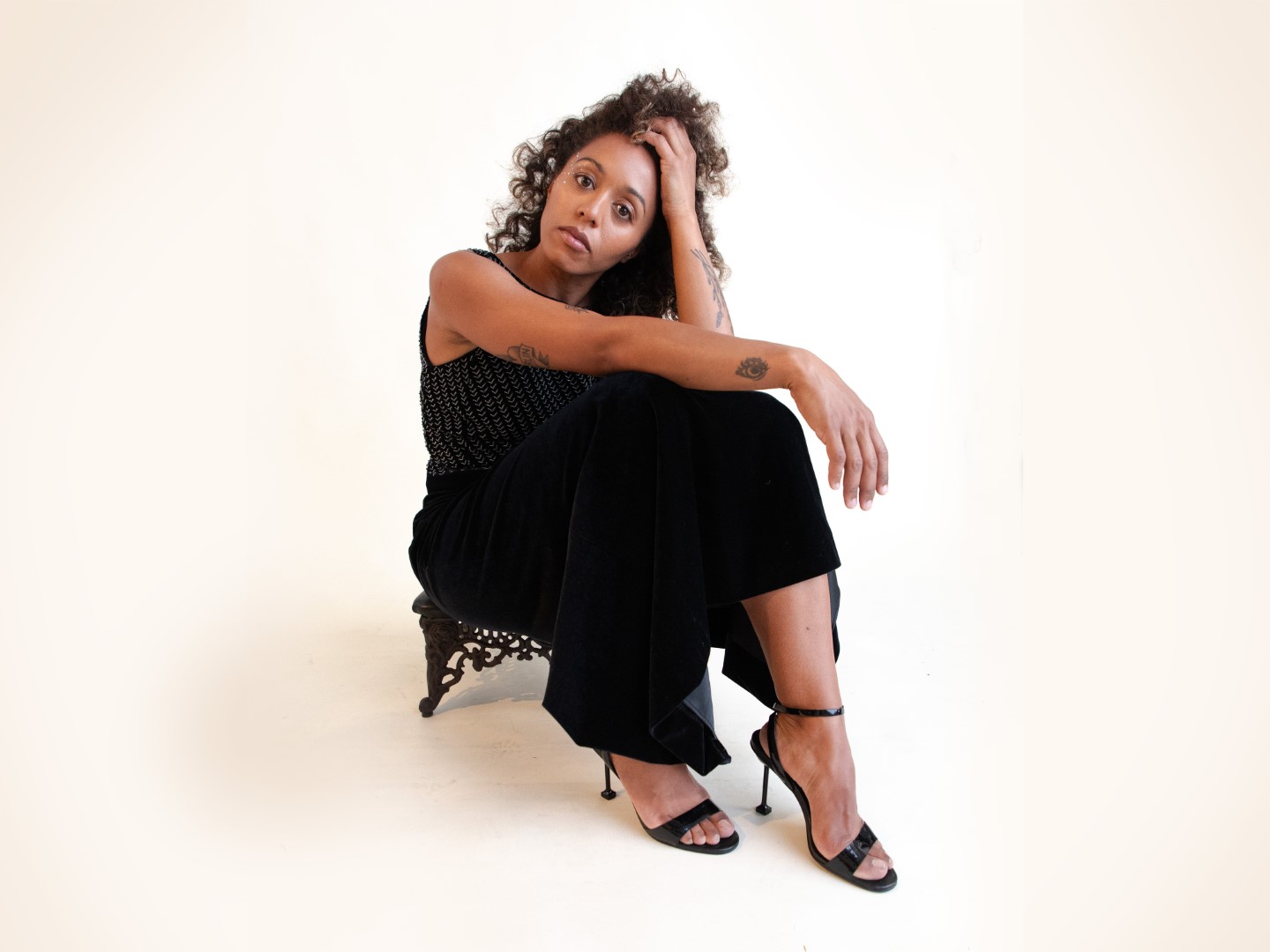Lizzie No: FAULT Favourite speaks out on modern slavery, abortion, and more
Lizzie No

Lizzie No is one of the most unique artists we’ve come across. No, we’re not about to hyperbolize how sophisticated and original her alt-country-esque music is (although it *IS* fantastic – have a listen to her latest album, Halfsies, below). Beyond her talent as a musician, what really makes Lizzie No stand out is that where a lot of artists are prepared to talk the talk about issues they (apparently) feel strongly about, very few actually have the gumption, intellect, or genuine determination to actually do anything about them. By contrast, Lizzie No walks the walk on issues like racial and gender equality, class injustice/modern slavery, and abortion rights. Where so many play-act the role of provocateur before folding into aimless platitudes when questioned on their beliefs, Lizzie lays out robust, articulate arguments, defends them with gusto, and then jumps straight off the soapbox and gets ready to scrap again.
Whether it’s in her role as President of the Abortion Care of Tennessee Board of Directors or literally walking the line at Queer Line Dancing nights, Lizzie isn’t content to stand on the sidelines. In her own words, she is “usually too busy with the work of freedom to ask anyone whether or not it is practical”.
We could all learn something from Lizzie’s approach. And, luckily for us, she’s given us somewhere to start in the shape of her latest album, Halfsies. We spoke to her about her music, definitions of genres vs. communities, banning abortion as a stealth re-legalisation of slavery, and much more in one of our favorite FAULT interviews for some time. Have a read…
FAULT: Tell us a bit about your background – how did you get into music?
Lizzie No: It’s in the blood. I have been singing since I was a baby!


‘Please Don’t Change Your Mind’ was – and still is – a streaming sensation, with nearly 5 million listens on Spotify alone. How does the relative success of one song over others affect you as an artist? Has it changed your approach to songwriting at all?
The playlist placements for ‘Please Don’t Change Your Mind’ have certainly introduced me to some new fans, so that’s great! I don’t consider Spotify, or streaming more generally, when I make music, though. I only listen to people who pay me. :)
You’re on record as disliking the categorization of musicians into genre boxes, but your work on the ‘Basic Folk’ podcast arguably does exactly that – even if you talk about ‘folk’ as being an extremely broad term! Do you agree that there can be value in using labels for genres – and/or identities – when it comes to creating and encouraging supportive communities?
Genres are useful when artists and fans come up with them as a way to organize existing cultural phenomena. But the minute we get too attached to them, they lose their value. Genre is beneath art, do you know what I mean? You wouldn’t waste time arguing over whether a Monet is a rectangle or a square.
Basic Folk is a wonderful space for conversation because we don’t spend much time trying to define the genre. I think of folk music as a way of being in culture. It has more to do with work ethic and community than it has to do with aesthetic limitations. That is why I still find it useful.
You’ve described Halfsies as a “video game” album, in which our protagonist, Miss Freedomland, has to go through the levels to “get free”. Given the obstacles in her/their/our collective path, and the relative strength of the ‘bosses’ to overcome, is that an achievable objective?
I have to admit that I haven’t given any thought to whether or not freedom is achievable. There is no “if” when it comes to human rights, only “how” and “now.” And, luckily, I am usually too busy with the work of freedom to ask anyone whether or not it is practical. I learned that approach from Black feminists.
For all that female musicians have stood shoulder-to-shoulder with – and often surpassed – their male counterparts for, arguably, several generations now, there still seems to be a trope of the ‘bad girl’ or ‘evil woman’, or some other bullshit variation on that sadly predictable theme, in music across the board. Quite often, that’s even perpetuated by women in the industry who ‘play off’ the trope for any number of reasons (success, satire, selling the familiar). What needs to change, in your opinion, so we’re not still talking about that several generations down the line?
I feel very hopeful about this. I think social media has given women and non-binary people a new platform to express ourselves without getting shouted down by men. You can tell that it’s working by how angry the bros are. Sure, there are still people who want to put women in a box, but they are by no means the majority and they look foolish to the rest of us.
My femme peers in the music industry are the most creatively expansive artists out there. Folks like Adia Victoria, Leyla McCalla, Paisley Fields, Margo Cilker, Malin Pettersen, Lydia Loveless, and Kaïa Kater, are not asking to be taken seriously. They aren’t fighting stereotypes. They are simply embodying femininity and making excellent art.

Let’s talk politics! Most of us in Europe are struggling to get our heads around the decision to overturn Roe vs Wade. Then we read that the Supreme Court Justice in the Alabama IVF embryo ruling referenced medieval theologians in rendering his judgment. Contrast that with France, who have enshrined the right to abortion as part of their constitution. Any opinion on why the American legal system prioritizes the institutionally sexist framework of religious dogma over fundamental human rights?
I could talk about this all day. First let me say that Roe v. Wade is something of a red herring when it comes to reproductive freedom in the US. Roe was a privacy-based legal precedent that failed to protect the majority of people. What does the “right to choose” mean to somebody who can’t take time off work if they become pregnant, is enduring violence from their partner, or doesn’t have access to medical care at all? Now that it has been overturned we need to turn our attention to the work of funding abortion and undermining the white supremacist power structure that has forced us to fight for our human rights in court in the first place. Roe was never enough.
The Christian right has systematically undermined reproductive rights, and abortion specifically, because the ability to raise families if and when and how we want to is the cornerstone of a free society. It is no accident that a country that kidnapped entire communities from Africa and forced us to give birth to generations of laborers, has now decided to frame abortion as a moral issue. It is a lot more palatable to say “God loves that fetus and therefore you must carry it to term” than “slavery is now technically illegal so we need another way to exploit working people.” America may be a puritanical white supremacist nation, but those ideologies are less important than the class warfare behind them.
Our economy requires a permanent underclass to survive. The wealthy have always, and will always, have abortions whenever they want, because their children are not needed in the work force. Our job as reproductive justice advocates is to ensure that same freedom for everybody else.
Which do you prefer: recording or performing live?
Performing live. :)
What has been the highlight of your career so far?
On January 19th I released my third album, Halfsies, and played a sold-out show with my band in Brooklyn that same night. That will be hard to top.
Who would you most like to collaborate with and why?
PJ Harvey. No question. Her writing is next-level. Rhythmic hypnotic storytelling for goth gals everywhere.
If you weren’t making music, what would you be doing?
Likely lying dead.
What is your FAULT?
Being too cute :(